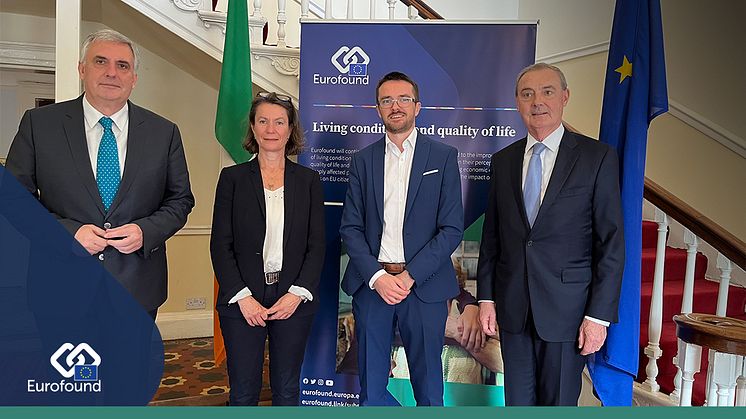Real minimum wages declined in most EU Member States
Against the background of inflation affecting European countries, minimum wage workers in 15 out of 21 Member States with statutory minimum wages registered a decline in their wages in real terms between 1 January 2021 and 1 January 2022. This was despite comparatively large increases in nominal rates in the EU during the period.




















